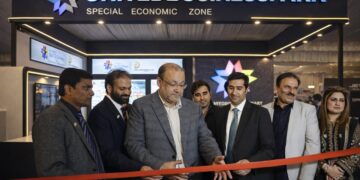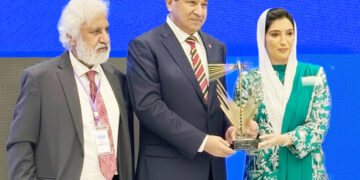KARACHI – Uber (NYSE: UBER) today confirmed the official close of the previously announced acquisition of Careem for $3.1 billion. Careem Networks FZ-LLC has become a wholly-owned subsidiary of Uber, preserving its brand. Careem co-founder and CEO Mudassir Sheikha will continue to lead the Careem business, which will report to a board made up of three representatives from Uber and two representatives from Careem. Careem and Uber will operate their respective regional services and independent brands.
With the closing of the deal, Uber has acquired Careem’s mobility, delivery, and payments businesses across the greater Middle East region, with major markets including Egypt, Jordan, Saudi Arabia, and the United Arab Emirates. The regulatory approval process in Pakistan, Qatar, and Morocco is ongoing and the transaction will not close in these territories until approvals from the legal authorities responsible are obtained.
Uber CEO Dara Khosrowshahi said: “I’m looking forward to seeing even more innovation from Careem, as they continue to operate independently under their current leadership. Working in parallel, our two platforms will be able to build upon the unique strengths of each, to the benefit of drivers, riders, and the cities we serve across the greater Middle East.”
Careem co-founder and CEO Mudassir Sheikha said: “Today marks the beginning of a new chapter for Careem. The journey that we started almost a decade ago to simplify the lives of people in the greater Middle East is far from over. Joining forces with Uber accelerates that journey as we become the region’s everyday super app. We are excited to take Careem to new heights alongside Uber, who appreciates the significant regional opportunity, is supportive of our values and culture, and believes in the purpose that drives us.”
Both companies believe this completed acquisition will provide an opportunity to expand the variety and reliability of services offered through their applications. Similarly, for drivers and captains, the companies believe an increase in trip growth and improved services could provide better economic opportunities as well as more predictable earnings through greater utilization of drivers’ time on the road.



















